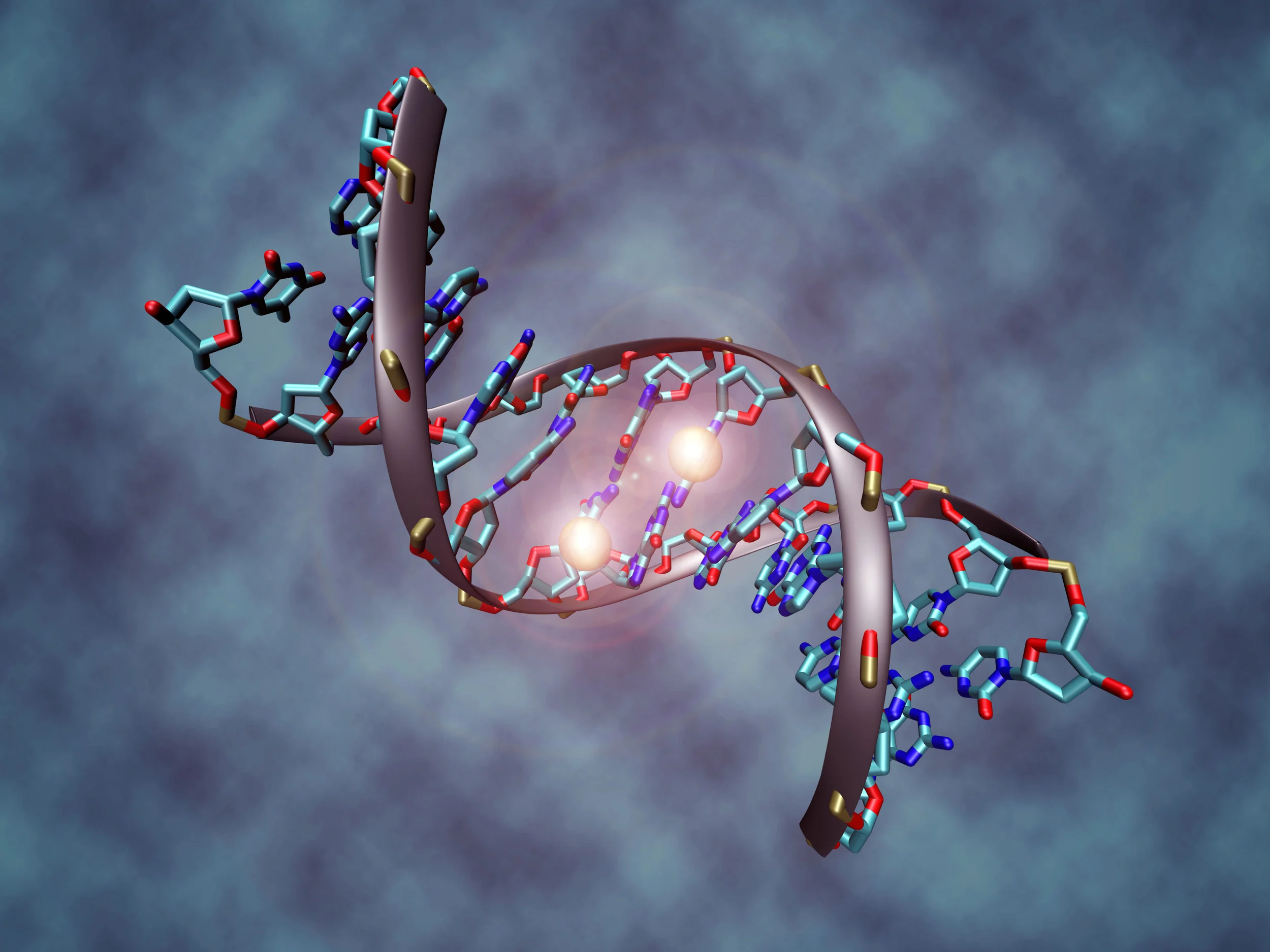After reporting this audio story for California Healthline on California's precision medicine initiative, I can say this:
Precision medicine seems to be about using our rapidly developing knowledge of genomics (DNA) to improve and personalize health care delivery. If we know a patient's exact DNA landscape - what genes are turned on or turned off - and we know the genetic specifics of their disease or pathogen, then we can tailor both diagnoses and treatment for that individual person and their condition.
There's a national initiative to study precision medicine and a statewide one. For this report, I focused on what's happening in California. I talked to some interesting doctors, researchers, and one mother whose teenage son survived a rare form of encephalitis thanks to a new DNA-based diagnostic test.
An old family friend who is a physician recently told me he wonders if precision medicine is too pie-in-the-sky right now. Just another set of lofty promises for hi-tech health fixes? On the other hand, he told me, if the catch-all diagnostic test that saved that teenager's life could really be developed for use on a large scale... that would be a game-changer. I guess we'll have to watch and see.



















